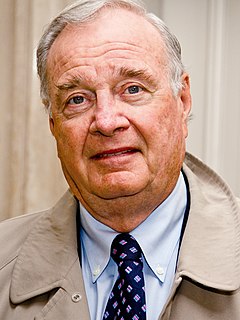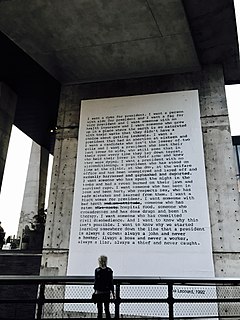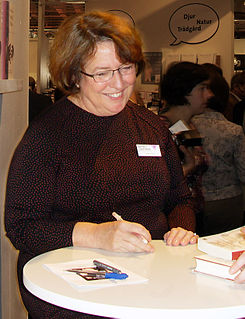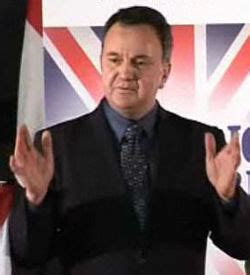A Quote by Jeff Lemire
Specifically, in Canada, the First Nations are often overlooked in pop culture or in general, and when things are reported about our First Nations, it's often negative things - about the hardships they face and what-not.
Related Quotes
I always wanted to have a young female artist that would tell me the truth about life and not only talk about the good things or the things that were exciting or interesting but also talk about the things that people in general are skeptical to talk about- the bad things that do happen. A good 50% of our lives is things that are happening that we're not necessarily super thrilled about and I feel like that's missing from pop music a lot of the time so my main goal is to be truthful about everything and not just specific things.
If you read Herodotus, the first Greek historian 2,500 years ago, he was talking about that - about people mixing with other people. Sometimes it produces great societies. Sometimes it triggers war. But, we're not going to change that. I don't think so. We're living in nations that are state nations and countries.
After the First World War, it was, like, let's form the League of Nations, we have to learn to work together. It's the only way we're going to survive. And now it's like we're undoing these very fragile institutions that were built after the First and Second World Wars that were about nations working on a kind of global diplomacy for our mutual benefit. And we're undoing them at such rapid-fire pace.
The 'nations,' as they are called, with whom our pretended ambassadors, secretaries, presidents, and senators profess to make treaties, are as much myths as our own. On general principles of law and reason, there are no such 'nations.' ... Our pretended treaties, then, being made with no legitimate or bona fide nations, or representatives of nations, and being made, on our part, by persons who have no legitimate authority to act for us, have intrinsically no more validity than a pretended treaty made by the Man in the Moon with the king of the Pleiades.
Unless legal and illegal immigration is halted and reversed, European First World nations across all of Europe from Spain to Russia, North America, Australia and New Zealand - will be destroyed and have their very culture and civilisation changed to that of the Third World. Immigration is now the single most important issue facing all First World nations, and will determine whether Western Civilisation continues to exist or not.
Nations are like people. Once you understand the interactions between nations, it's easy to understand why things are done, in terms of foreign policy, in a certain way. But nations are not like people in the sense that we are cumulatively represented by others - and their interpretations of what our interests are may not be the same as what they really are. And that's what's dangerous, even in a democracy.
In ancient times, those who wished to illuminate the world with virtue first brought order to their nations. Wishing to order well their nations, they first harmonized their families. Wishing to harmonize their families, they first cultivated themselves. Wishing to cultivate themselves, they first rectified their minds. Those who wished to rectify their minds first made their intentions sincere.








































